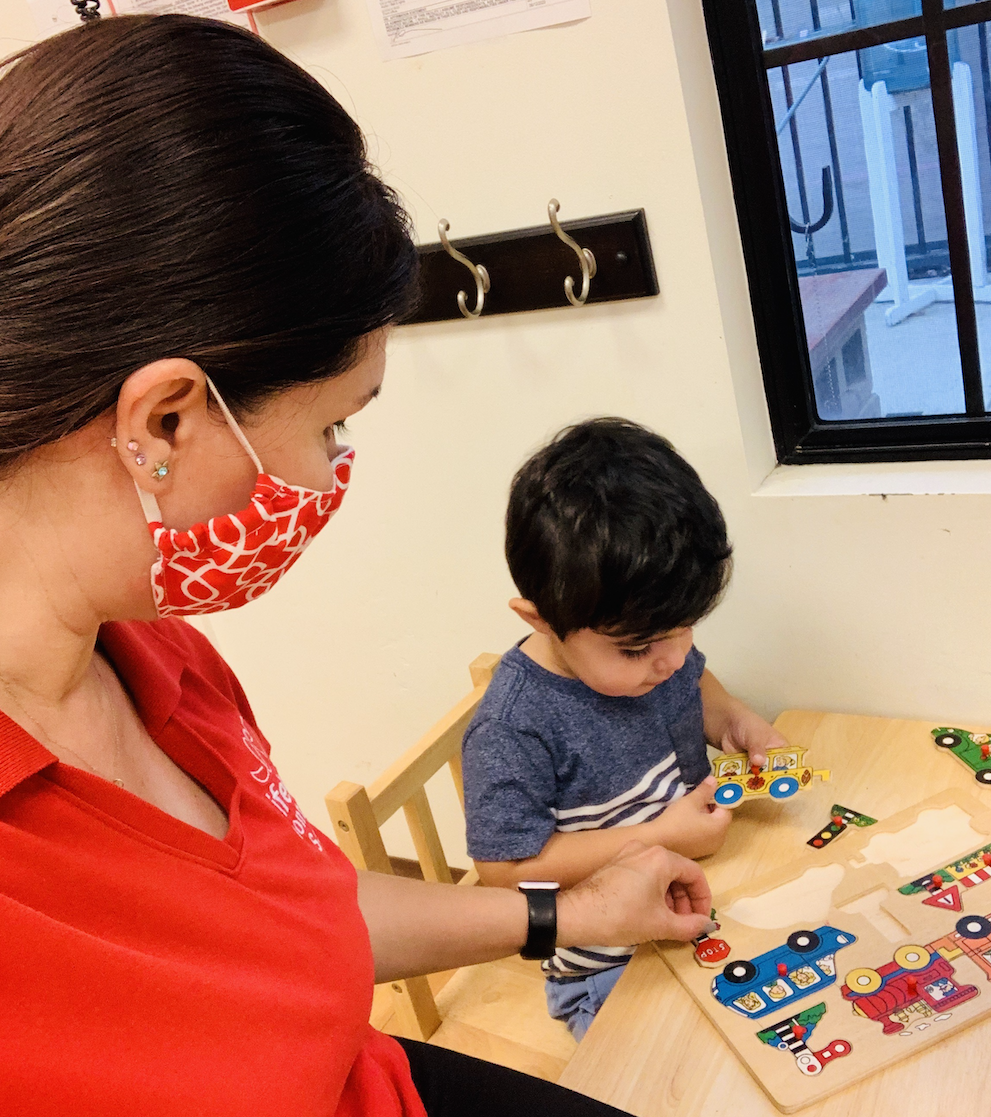(858) 759-0631
At Lifetime Montessori School and thousands of others, once in a while parents are called in to discuss their child’s aggressive behaviors. In an instant, parents may feel embarrassed, guilty, or judged by administrators as we work towards handling discipline issues and creating childhood independence in their children.
Sadly, the concern the school sees is often denied or disbelieved by parents.
Usually, the core of the problem is this: Montessori kids do everything by themselves in school only to go home and be denied all the choices, childhood independence, self-care, and freedom they’ve learned.
For children, it is so frustrating that they may begin to express their displeasure in school via acting out. For example, they express their frustration by not listening, being defiant, or in rare situations: being physically aggressive to other students. Then, the Headmaster or Director must call the parents—who may not even see the problem.
Building a Better School to Home to School Bridge
The Montessori Method is a way of life, based on interacting with children as adults while educating them socially and academically. This philosophy focuses on “letting the child do for him or herself.”
During the school day, children engage in all types of socially participatory and collaborative behaviors as well as individualized, personalized academic learning. Students do everything for themselves—from preparation to completion.
One objective is to let children succeed by failure. At Lifetime Montessori School, it’s okay to make mistakes. That’s the only way to succeed. Spill liquid? It’s okay, let’s learn how to clean it up and how not to spill it again. A wrong answer? It’s okay, let’s review the concepts to help you deduct the correct one.
But, here’s the rub.
When children go home, many households stop this behavior cold.
It’s “no, no, no” all evening long. No, you can’t help prepare part of a meal because you’ll cut yourself. No, you can’t set the table because you’ll break something. No, you can’t pick out your clothes. No, you can’t get your cereal because I’ve made oatmeal. Or, no, we’re late for school, I’ll tie your shoelaces and buckle you in.
One result: defiant children.
Why?
Two separate types of teaching—one set at school and another at home.
So, kids who want to participate—to be a valued part of their family who feels needed—aren’t allowed by their parents.
Handling Discipline Issues Before They Start
At our school, teachers work with first-time, overwhelmed parents whose own parents or cultural traditions may not mesh with the Montessori Method. Thus, they do not see the concerns that we educators have managed dozens of times throughout the years.
The core solution: engage your child as part of the family unit. Make them feel needed, wanted, and valued by welcoming them to try and do things for themselves. This will surely help with handling discipline issues.

